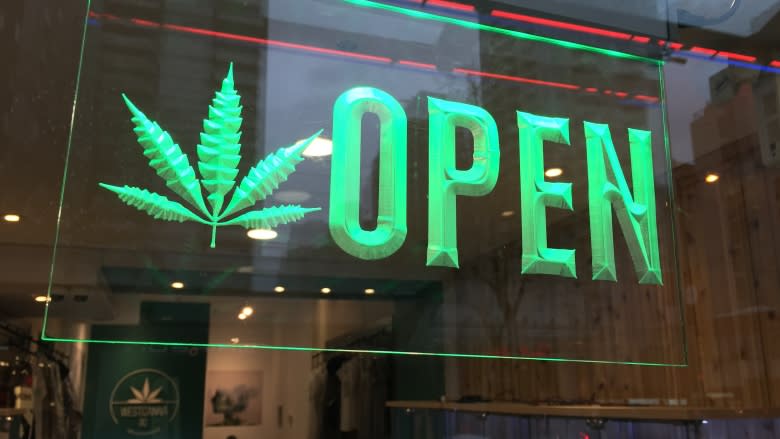Ontario's pot industry sees hope for private stores under Ford government
Some of Ontario's licensed pot producers hope to convince Doug Ford that private retail pot stores should operate alongside government-run outlets when marijuana becomes legal later this year.
On Thursday, the incoming premier said he wanted to consult with municipalities, stakeholders and his caucus before deciding whether to tinker with the current plan to open LCBO-style retail stores.
The previous Liberal government had been developing a system of government-run stores operated by the Liquor Control Board of Ontario, beginning with 40 stores this year and culminating with 150 stores by 2020.
Ford had mused prior to the election he preferred a privately-run system, though he walked that back on Thursday, saying he'd be "focusing on the LCBO" but leaving the door open to other options.
'Encouraged' by consultation comments
"We're certainly encouraged by his comments that indicate that he will be consulting," said Will Stewart, vice-president of corporate communications for Hiku, which is licensed by the federal government to produce marijuana through its subsidiary DOJA.
Hiku also operates a number of Canadian retail shops called Tokyo Smoke, which currently sell coffee and marijuana paraphernalia but not the drug.
But according to Stewart, that will change soon.
Tokyo Smoke, he said, has obtained the right to open between 20 and 30 retail marijuana stores by December in Manitoba and Newfoundland.
Stewart said a dual public-private system in Ontario would both increase legal access to the drug and reduce the market for illegal sales.
"By some estimates, [there are] 100 to 120 illicit stores in Toronto alone," said Stewart. "I don't think a few Ontario Cannabis Stores are really going to stem the tide."
'A store that you trust'
Canopy Growth, another licensed producer, will be lobbying for a storefront at their factory in Smiths Falls, Ont. — much like how a winery sells its own wine, said CEO and co-founder Bruce Linton.
Linton said that even the mayor of Smiths Falls supports Canopy's proposal, as it could attract tourists.
Canopy Growth has also obtained the right to sell marijuana at stores in other provinces.
Still, Linton said he wouldn't blame Ontario's new government for being reluctant to tinker with the plan to sell cannabis through LCBO-type stores that public would already be familiar with.
"Because we've had 95 years of [marijuana] prohibition, I think it's going to be most important you go to a store that you trust. And that will mean different things in different places," he said.
But as the country gets used to legal marijuana, both government and industry will be in a better position to understand the advantages of private retail sales, Linton said.
"I'm not sure anybody right now has a crisp answer on what's the best system," he said.



